News
-
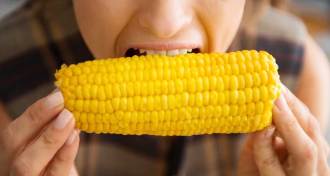 Neuroscience
NeuroscienceIf chewing sounds irk you, blame your brain
People who find chewing and slurping sounds annoying have structural differences in their brains.
-
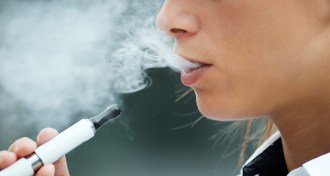 Health & Medicine
Health & MedicineE-cigarette smoking linked to heart disease risk
Two indicators of heart disease risk were elevated for users of e-cigarettes in small-scale study.
-
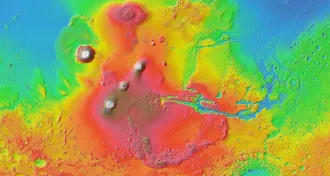 Planetary Science
Planetary ScienceRed Planet’s interior may not churn much
The magma fueling a Martian volcanic system remained largely unchanged for billions of years, analysis of a newfound meteorite suggests.
-
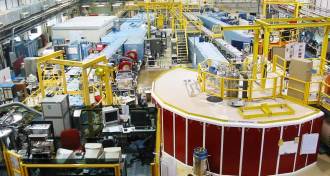 Physics
PhysicsPhysicists seek neutron lifetime’s secret
Updated experiments hope to resolve neutron lifetime discrepancy.
-
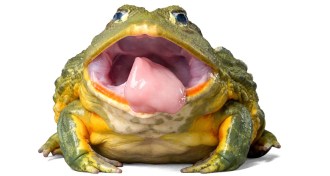 Animals
AnimalsWhat gives frog tongues the gift of grab
Here’s what puts the grip in a frog’s high-speed strike: quick-change saliva and a tongue softer than a marshmallow.
By Susan Milius -
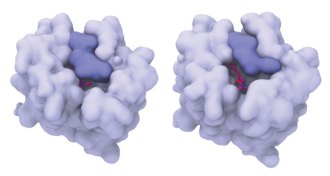 Chemistry
ChemistryLSD’s grip on brain protein could explain drug’s long-lasting effects
The newly discovered structure of a human serotonin receptor linked to LSD could reveal why the drug’s hallucinogenic effects last so long.
By Meghan Rosen -
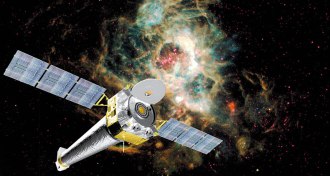 Physics
PhysicsPossible sign of dark matter shows up again
Excess of X-rays could indicate decaying sterile neutrinos.
-
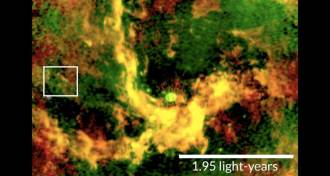 Astronomy
AstronomyConditions right for stars, planets near Milky Way’s supermassive black hole
Four clouds of gas near the galactic center have roughly the right mass to be young stars, possibly with planets.
-
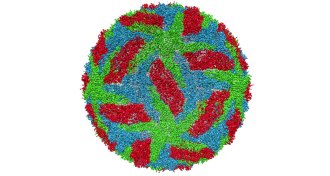 Health & Medicine
Health & MedicineRogue antibody linked to severe second dengue infections
Alternate antibody may indicate whether someone is susceptible to severe dengue disease.
-
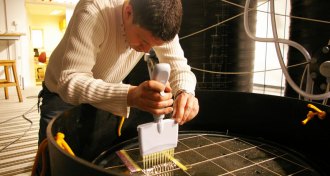 Oceans
OceansClimate change may boost toxic mercury levels in sea life
Increased runoff to the ocean due to climate change could raise neurotoxic mercury in coastal sea life by disrupting the base of the food web.
-
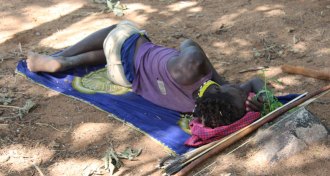 Anthropology
AnthropologySnooze patterns vary across cultures, opening eyes to evolution of sleep
Sleep plays out differently across cultures, but a consistent cycle of z’s and activity appears crucial.
By Bruce Bower -
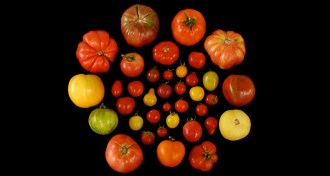 Plants
PlantsBig genetics study blazes path for bringing back tomato flavor
Combining taste tests with genetics suggests what makes heirloom varieties tastier than mass-market tomatoes.
By Susan Milius